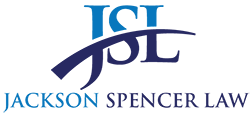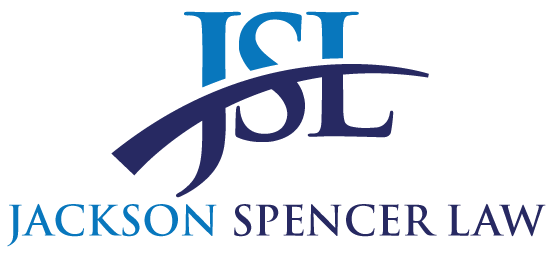On March 19, 2025, the EEOC published a press release warning against “unlawful DEI-related discrimination.” Let’s unpack what’s in the announcement, how we got here, and how this impacts the American workplace and employee rights.
Summary of the joint press release
In its press release, the EEOC states that “The widespread adoption of DEI… does not change longstanding legal prohibitions against the use of race, sex, and other protected characteristics in employment.” The fundamental argument the EEOC and DOJ are making in the release is that use of DEI initiatives by employers will open them up to complaints filed with the EEOC, arguing that DEI actually causes discrimination rather than prevent it.
The EEOC offers two resources in this press release: the first one is a one-page technical assistance document co-authored with the DOJ, treating the topic of DEI discrimination. Technical assistance documents are not laws, but they do offer assistance in interpreting the enforcement of policies at the EEOC level.
This technical assistance document serves several purposes:
-
- It indicates that objecting to or opposing employment discrimination related to DEI is considered a protected activity. This means that employers are prohibited from retaliating against employees for engaging in such activities.
- It clarifies that DEI training for employees could potentially lead to a valid claim of a hostile work environment.
The second resource offered in this release is a longer technical assistance document titled “What you should know about DEI-related discrimination at work.” While this document falls short of explicitly calling DEI unlawful, it fully outlines that the protections of Title VII of the Civil Rights Act of 1964 apply to all races, genders, ethnicities, etc. – not just those in the minority in the US. This document offers guidance on how to navigate the idea of DEI-related discrimination and continues to address this as a new category which could warrant the filing of an EEOC complaint.
How did we get here?
The Trump administration prioritized removing DEI initiatives from American workplaces and policies in early 2025. Officials in the new administration argue that DEI initiatives—designed to ensure equal employment rights for people of different backgrounds—are instead creating an environment in which people are hired for their diverse status instead of on the basis of merit.
The March 19th press release is the latest in a string of EEOC announcements, as new policies are rolled out to counter DEI initiatives.
While it may be true that DEI initiatives do make employers pay more attention to their employees’ diverse statuses, this has always been by design to help people with minority status achieve the same access to opportunities as their majority status counterparts. The key argument that is playing out now is whether DEI has caused our culture to “overcorrect” and instead now show preferential treatment to people of minority statuses.
What does this mean for American workers?
This statement from the EEOC appears to give formal guidance on how DEI could be more officially seen as unlawful in American workplaces. This means quite a few things for American workers:
DEI programming may now be construed as a hostile work environment
The technical assistance document states that DEI training for employees “may give rise to a colorable hostile work environment claim.” Because of this, employers will likely feel discouraged from rolling DEI programming into their workplace without exposing themselves to complaints.
Opposition to DEI in the workplace is a protected activity
If you object to or oppose DEI programming in your workplace, that objection is now a protected activity that protects you from retaliation. This is outlined in the EEOC’s one-pager. Your employer may not retaliate against you on the basis of your complaint/objection. However, opposing DEI programming may only be seen as a protected activity if the employee can establish factually why they believe a specific program in the workplace violates Title VII.
It will be harder for American companies to choose to build a diverse workforce if they so desire
While the technical assistance document was designed to provide more guidance on how DEI might be illegal in the workplace, it also appears to punish companies for protecting the rights of underrepresented populations in the US and American companies. For some companies, building a diverse workforce is a feature, not a bug – it’s baked into their company ethos and mission. So these employers may face increased complaints under the new guidelines as prioritizing a diverse work culture could lead to greater scrutiny.
If you’re a Texas employee, let the team at Jackson Spencer Law guide you
The ideological debate on DEI rages on: Proponents of DEI claim that these programs were designed to protect people, not cause harm. Detractors claim that DEI overcorrects and causes employers to look even harder at race, gender, nationality, and other factors as relevant to work decisions like hiring, promoting, and firing. No matter where you stand, your team at Jackson Spencer Law will continue to monitor this space as it evolves and give you top-notch guidance on how to approach your workplace rights claim.
To stay on top of the latest developments in this space, check out our blog as we document shifting policies and what they mean for American workers.
If you believe you may be the victim of discrimination in the workplace, please reach out to our team and set up a free consultation. We will help you get the answers you need in a fast-evolving space, and we are passionate about protecting the rights of Texas employees.



